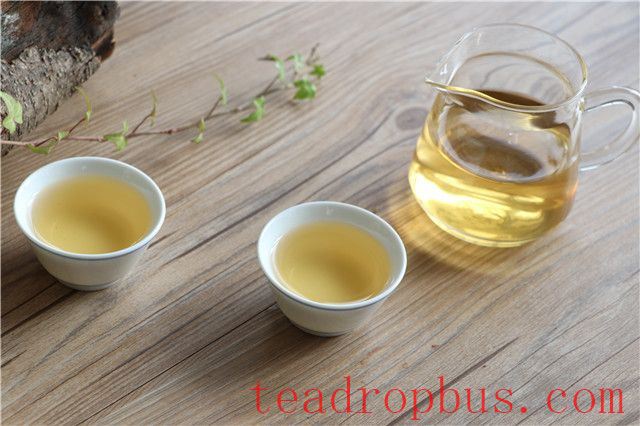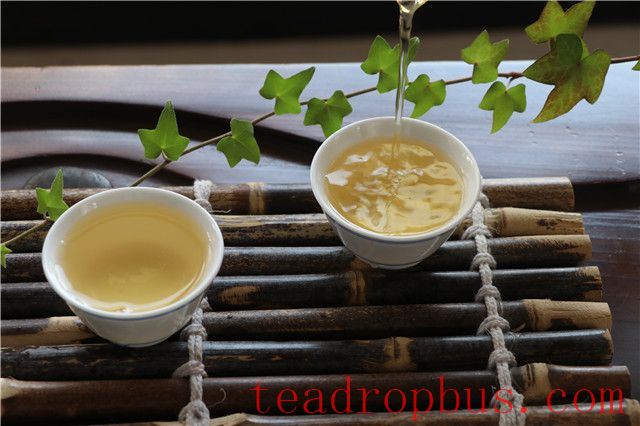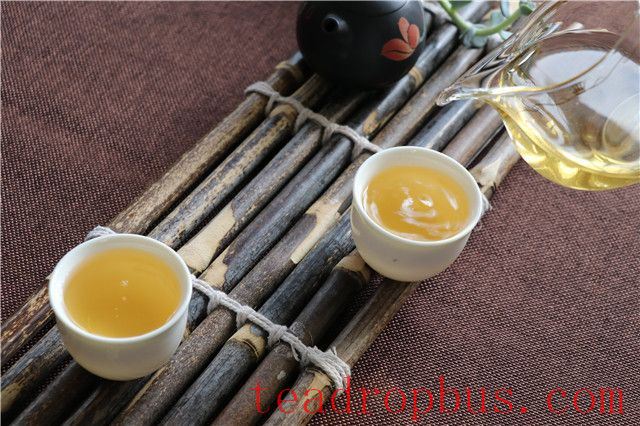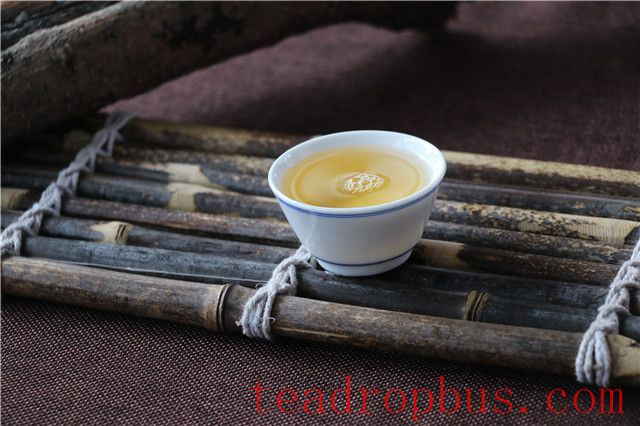Whether Tea water can be used to take medication cannot be answered definitively. In most cases, it is not recommended to use tea water for this purpose. Tea contains chemical components, such as tannins, which give the water a slightly astringent taste. These substances may react with the chemical components in medications, particularly metallic chemical components, forming precipitates and causing a loss of some of the drug's active ingredients, potentially affecting its efficacy.

Can Tea Water Be Used to Take Medication?
Generally speaking, it is not advisable to take medication with tea water. Here's a more detailed analysis:
Tea water typically contains Tannic acid, polyphenols, Caffeine, alkaloids, zinc, Selenium, iron, and other nutrients. While tea water has effects like refreshing the mind, promoting diuresis, and reducing swelling, moderate consumption can be beneficial to health. However, the components in tea water may react with the ingredients in medications, potentially reducing their effectiveness. Additionally, tea water can stimulate the gastrointestinal tract. If a patient is taking drugs like enteric-coated aspirin or metronidazole tablets, which also stimulate the gastrointestinal tract, this could exacerbate gastrointestinal discomfort. Therefore, it is not recommended to take medication with tea water. When taking medication, using warm water is more conducive to the efficacy of the drug.
In daily life, patients are advised to eat a light diet, avoiding spicy foods like chili peppers and Sichuan peppercorns, and instead eating fresh fruits and vegetables like apples, bananas, lettuce, and cabbage. They should also keep warm, get adequate sleep, and maintain a healthy lifestyle, all of which can help in recovery.

Precautions for Drinking Tea
1. Avoid drinking tea on an empty stomach, as it can cool the lungs and stomach.
2. Avoid drinking scalding hot tea; ideally, it should be below 56°C.
3. Avoid drinking cold tea, as it can be cold and stagnating and promote phlegm accumulation.
4. Avoid letting tea steep for too long to prevent oxidation and bacterial contamination.
5. Avoid multiple infusions, as harmful trace elements can be released during later infusions.

6. Avoid drinking tea before meals, as it can dilute gastric acid.
7. Avoid drinking tea immediately after meals, as tannic acid in tea can affect digestion.
8. Avoid using tea water to take medication, as tannic acid can affect the efficacy of the medication.
9. Avoid drinking overnight tea, as it can spoil over time.
10. Avoid drinking tea after alcohol, as it can harm the kidneys.
11. Avoid drinking strong tea, as caffeine can be addictive and toxic.
12. Teas that should not be consumed include those with a burnt taste, moldy tea, and tea that has absorbed foreign odors.

13. Avoid drinking tea when you have a fever: the theobromine in tea can raise body temperature, making a fever worse.